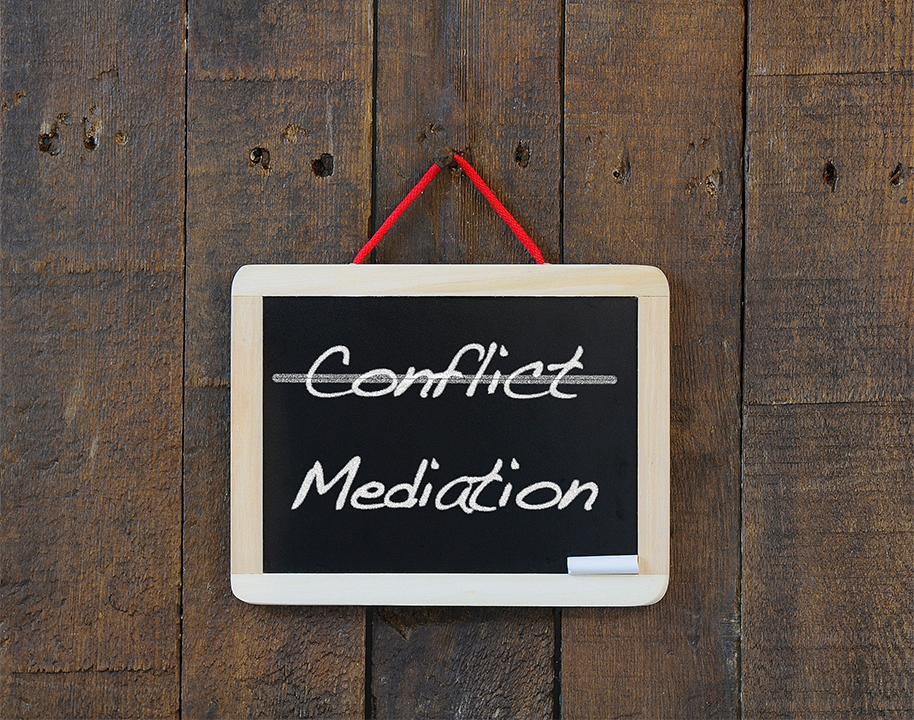Every community experiences disputes among its members.
These ranging from arguments among parents and children, neighbors and relatives—such as those about fences, dogs and debts. They include public policy controversies involving large segments of the community. The can include policing, community goals, budget and negotiation issues, economic development plans, environmental pollutants, and the placement facilities. Although conflict may be inevitable, plans, preparation, and strategies for responding to conflict vary greatly.
Involved in a community dispute or a lawsuit? Mediation can help resolve the issues in the most cost-effective manner. It does it with the least damage to the relationships within your community. If you are involved with a community event experiment or even protest, take advantage of mediation.
There are many common responses to community and youth conflicts. Confilicts includeing accepting the problem, addressing the issue directly or indirectly with the other part. But also, taking the other party to court. Education and understanding are critical components to these processes without always involving lawyers, the police, or the court system.
In recent years, many communities across the United States have developed additional approaches. They have been developed for handling conflicts by establishing community mediation programs. They address a broad range of disputes that occur within various cultures, ethnic groups, nationalities, and religions.
Community mediation programs can provide professionals and train local volunteers in conflict resolution skill. These volunteers then provide dispute resolution services to individual citizens and groups. Mediation sessions bring together the parties in a dispute with mediators who help them discuss the issues involved. Also they work toward a mutually agreeable solution to the problem.
When agreements are reached, the terms of the agreement are recorded in writing and signed by the disputants.

Community Mediation Programs
The United States has developed community mediation programs since the 1970s. In part to respond to the delays, costs, and related problems. The problems limit access to the courts and also to create a more responsive process for dealing with conflicts.
Since then, research findings have indicated that disputants often prefer community mediation to the court process. They prefer it not only because it handles cases quickly. Not only does mediation handle cases for little or no cost, but it also satisfies disputants. Mediators also foster fairness, ensure understanding, and resolve conflicts without imposing a single “right answer” from the government.
Alternative Law will provide mediation and facilitation services to all members of the community. We accept neighborhood controversies. We also accept family and divorce mediation, school peer training and conflict resolution programs, minor criminals, and corporate workplace training. Contact us.
ADR | Best Ideas Win | Business Consulting | Clients | Training | Locations | Mediation | CONTACT US
